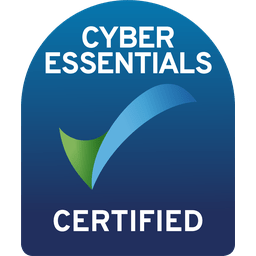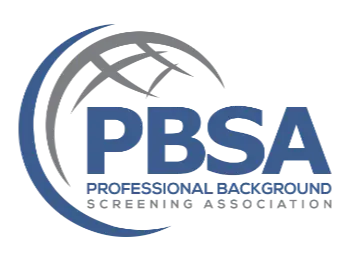by Aimee Cartwright
As social media background checks are rising in popularity, one industry that never fails to show its support is the education industry. The Department for Education (DfE) has actively promoted online checks, as well as performing its own investigations on educational professionals.
As a result, most educational institutions are now investigating candidates’ social media to check for risks. As there is no standardisation of Social Media Checks, each employer can decide what determines a risk.
The question is: Should we expect teachers to meet higher standards than others in terms of their online behaviour? Let’s explore this controversial subject.
The Argument for Equal Expectations in Education Social Media Checks
It could be argued that having higher expectations for teachers’ online behaviour is unfair. Educational professionals are notoriously overworked. Perhaps the last thing they need to worry about is the content they share online.
Some people even believe it is not the teacher’s responsibility to censor their content in case a student or parent accesses it. They would argue that what happens outside of work should stay outside of work.
The Argument for Different Expectations in Education Social Media Checks
Holding teachers to higher standards isn’t a new phenomenon. Teachers have the privilege of shaping young minds, so perhaps with this privilege comes more responsibility.
Let’s consider the specific consequences of a teacher sharing inappropriate content online.
Firstly, it is very common for students to attempt to find their teachers’ social media. There are endless forums on ‘how to find teachers social media?’ or ‘can I follow my teacher on social media?’. This means the reach of the inappropriate content is much wider, which is a valid case for holding teachers to higher standards online.
We also have to consider the possibility that a parent will stumble across the content. In such a scenario, they may make a formal complaint about the teacher. They could also inform other school parents, or perhaps even share the situation on social media. This could pose a serious threat to the reputational integrity of the school.
Something that often gets lost in this discussion is the privacy of the employee. When teachers share risky content online, there is an increased danger that they could become a target for bullying, stalking, bribery or fraud in their workplace.
Our Verdict
We strongly believe that our levels of sensitivity must shift depending on the type of industry sector we are performing a Social Media Check for. For education checks, our researchers are trained to analyse content based on the assumption that a student or parent has access to it.
This means that we are more likely to flag content relating to Teachers’ Standards and British values, as well as content that is potentially harmful to the minds of children, on an educational professional’s profile.
However, our assessments remain fair. We follow an identical process for each type of Social Media Check, with contextualisation at the heart of our online searches. All content that we assess is analysed within the context of the candidate’s whole social media presence.
What’s more, we encourage schools to be open with their candidates about the findings of our Social Media Checks. This gives candidates an opportunity to alter their online content in line with their employer’s expectations.
Hundreds of UK schools use SP Index to obtain GDPR-compliant Social Media Check reports. 100% are happy with our work. Contact us to join these responsible schools in keeping your institution as safe as possible.


